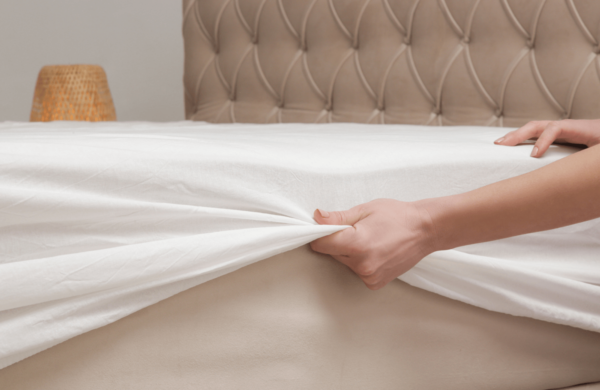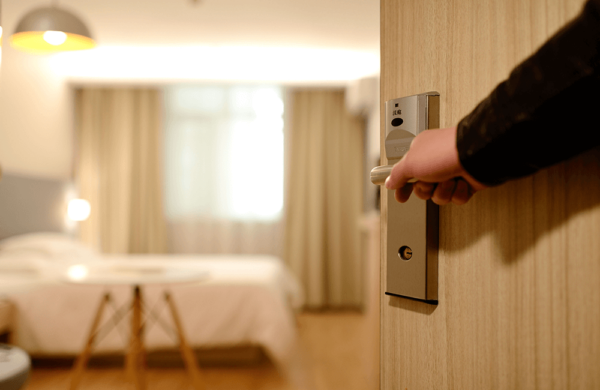How to Get to Sleep Without Weed
Weed, that controversial form of cannabis, is technically a no-no in the UK. However, some folks can’t resist sneaking a bit of it to chill out their nerves and glide smoothly into dreamland.
Though it might offer a quick fix, weed isn’t the long-term answer you’re looking for, and leaning on it too much might just turn it into a tricky little crutch.
In this blog post, we’ll explore the reasons why weed is not ideal for sleep and introduce alternative ways to help you catch those Z’s without reaching for that joint.
Why Weed is Bad for Sleep
Weed is a sedative, which means that it only sedates you, which stops you from entering proper sleep cycles. The THC component in the cannabis plant can really interfere with the natural sleep cycle, preventing you from experiencing all the stages of sleep properly.
Long-term use of weed before bed can have serious health implications, as good quality sleep is crucial for overall well-being and longevity. Chronic use of weed can lead to faster aging, similar to the effects of alcoholism.
An example of this is when you see an alcoholic, ore often than not they can have more wrinkly skin on average compared to their peers.
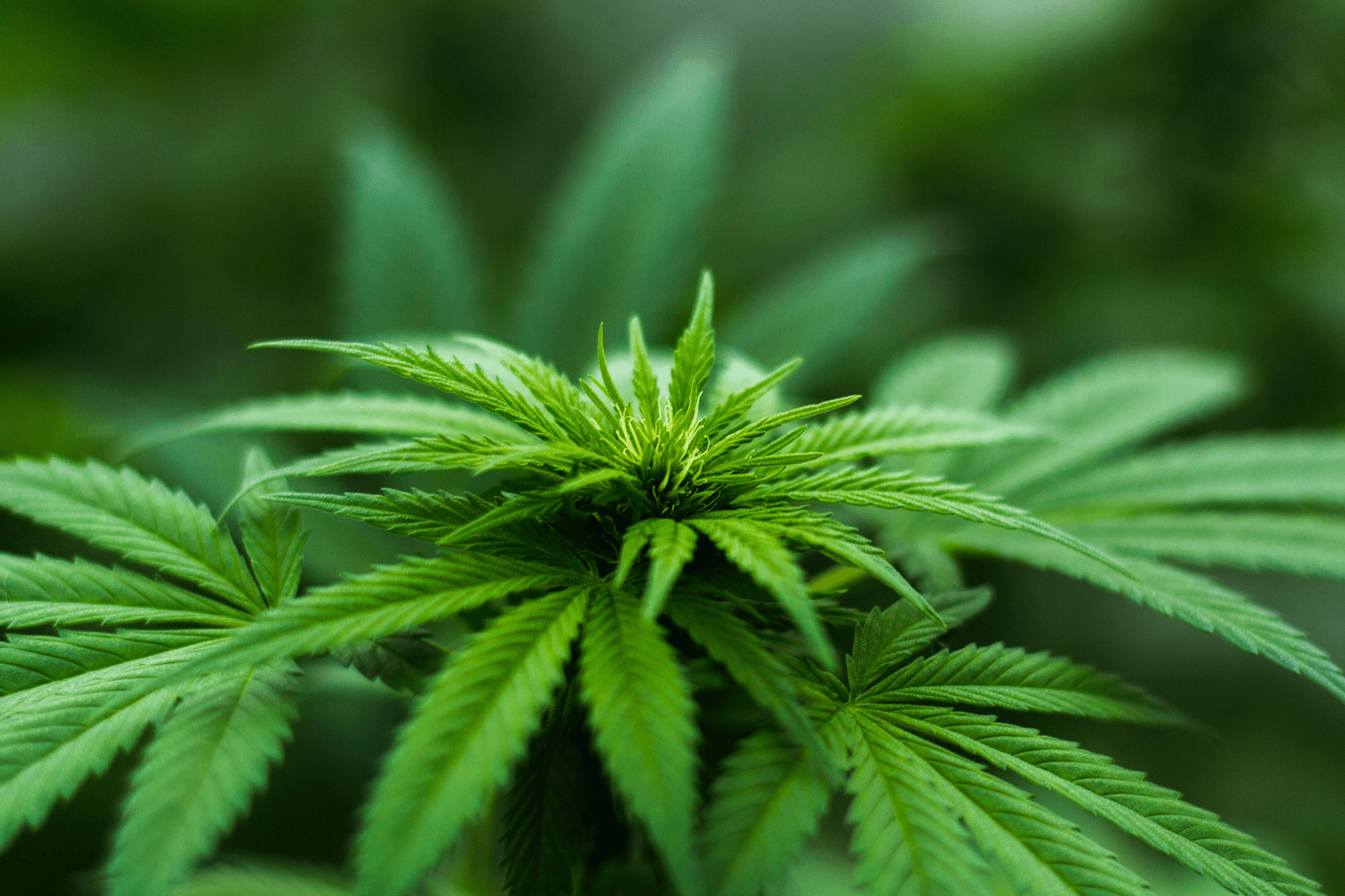
Reducing Weed Usage
If you’re using weed to help you sleep, consider seeking
help or gradually reducing the amount you consume.
The goal is to eventually
stop using weed altogether and find healthier alternatives to improve your
sleep quality.
Top 5 Tips for Reducing Your Weed Usage
1. Set realistic goals: Gradually reduce your weed intake by setting achievable goals for yourself. Track your progress as you decrease the amount you consume each day or week.
2. Identify triggers and find alternatives: Recognise situations or emotions that prompt you to use weed and develop strategies to avoid or cope with them. Engage in new hobbies, activities, or social interactions that don’t involve weed to help you break the habit
3. Seek support: Reach out to friends, family, or support groups for encouragement and guidance during your journey. Surround yourself with people who support your decision to reduce your weed usage.
4. Exercise and practice mindfulness: Adding a sprinkle of regular exercise and some mindfulness magic, like deep breathing or meditation, to your daily routine can do wonders!
They’ll help you handle stress, kick those cravings to the curb, and give your overall well-being a fabulous boost.
5. Be patient and reward yourself: Reducing your weed intake may not be an easy process, and you might face setbacks along the way.
Be patient with yourself, recognise that change takes time, and celebrate your progress by rewarding yourself for reaching milestones in your journey.
These 5 tips can help you navigate the challenges of reducing your weed usage, ultimately leading to better sleep and overall health.

Alternatives to Weed for Sleep
CBD: CBD oil or topical skincare products, such as calm patches and sleeping patches, provide a natural way to stay relaxed and improve your sleep quality.
These products contain the beneficial compounds found in the cannabis plant, minus the psychoactive THC component.
It’s probably best for you to experiment with various forms of CBD, like oils, capsules, or topicals, to see which one works best for you & your lifestyle.
Glycine: This little amino acid works its magic to enhance sleep quality by helping you unwind and chill out, all while gently lowering your core body temperature.
Sweet dreams await. Take your glycine supplement before you hit the hay, and you might just find yourself snoozing off into dreamland faster and staying sound asleep all night long.
Reishi mushroom: Known as the “mushroom of immortality,” reishi mushroom is an adaptogenic herb that can help enhance sleep, reduce stress, and support overall well-being.
Consuming reishi mushroom supplements or teas can be a valuable addition to your bedtime routine to encourage relaxation and restorative sleep.

Ashwagandha: This fabulous, time-tested Ayurvedic herb has a reputation for easing anxiety and melting away stress, making it a super addition to your relaxation routine.
Ashwagandha may help you feel calmer and more relaxed, making it an excellent addition to your sleep optimising supplement stack. It’s available in various forms, including capsules, powders, and tinctures.
Magnesium glycinate: Say hello to this super-absorbable form of magnesium, an essential mineral that’s a total game-changer for your sleep.
With magnesium glycinate on your side, chances are you’ll be resting like a pro in no time. Taking a daily 500mg dose can help alleviate magnesium deficiency, support restful sleep, and promote overall health.
Magnesium also helps regulate the body’s stress response system, which can further improve sleep quality.
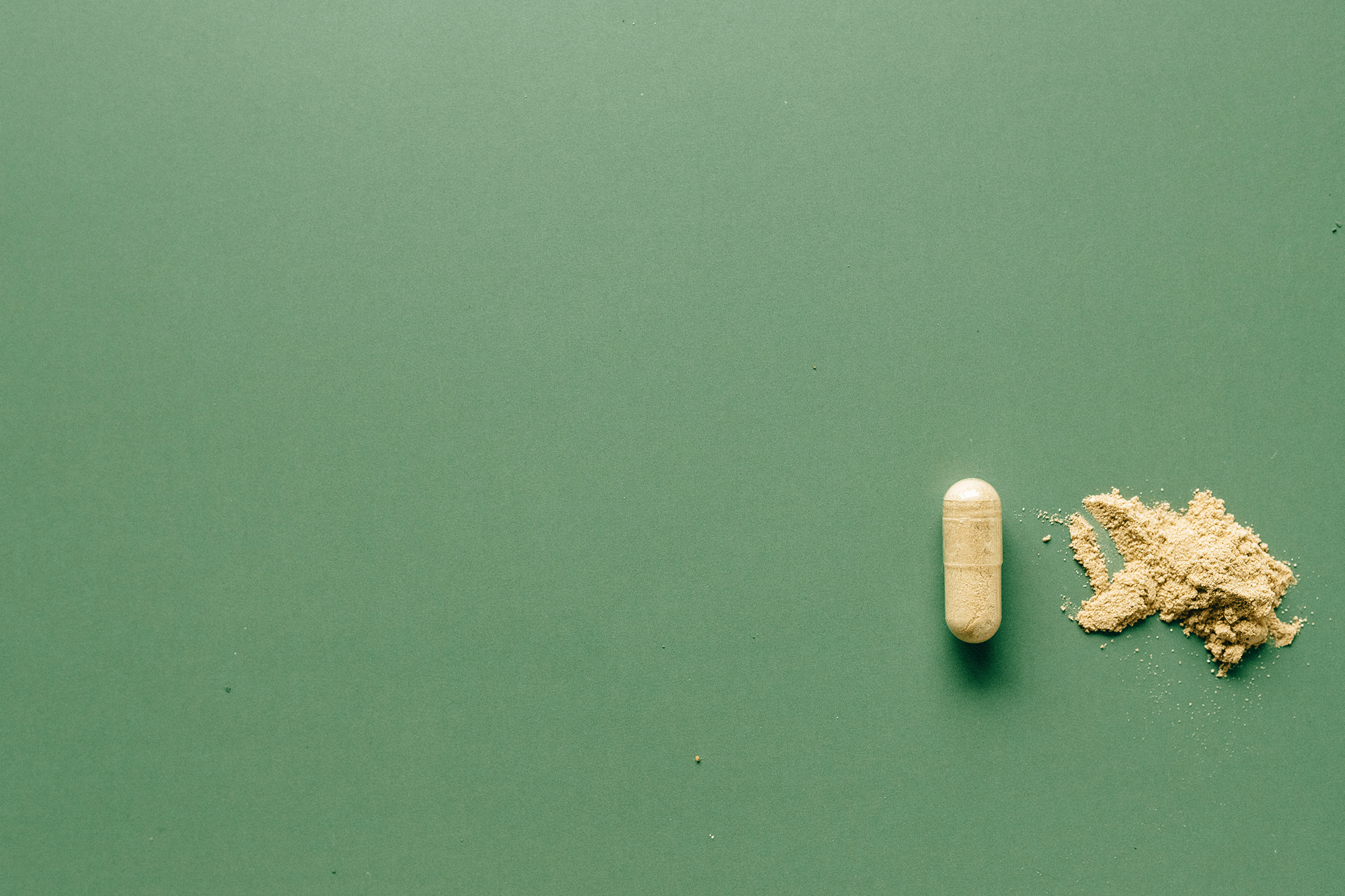
5-HTP: Meet 5-HTP, the friendly precursor to serotonin, which helps create melatonin, our beloved sleep hormone.
By boosting melatonin, 5-HTP can help you catch those elusive Zzz’s for a cozy night’s rest. Taking a 5-HTP supplement can potentially improve sleep quality and promote a sense of calm.
However, consult your doctor before taking 5-HTP, especially if you’re on SSRI medication.
Lavender Epsom salts & magnesium flakes: A warm bath infused with lavender epsom salts and magnesium flakes offers a soothing, spa-like experience that can help your body absorb magnesium transdermally while promoting relaxation.
The calming scents and warm water can ease muscle tension and prepare your body for sleep.

Alternative Techniques for Getting to Sleep Without Weed
Cold showers: Do cold showers help you sleep? Incorporating a cold shower into your nightly routine can help lower your core body temperature, boosting melatonin production and improving sleep quality.
Meditation for sleep: Regular meditation practice can lead to better
sleep by promoting relaxation, reducing stress, and increasing mindfulness.
Guided meditation apps or simple deep-breathing exercises can be a great
starting point for those new to meditation.
Limit caffeine intake: To avoid the sleep-disrupting effects of caffeine, try to avoid consuming it after 1 pm.
Caffeine’s long half-life means it can remain in your system for hours, potentially impacting your sleep quality.
Read a book: Engage in relaxing activities like reading a
book before bed to help you wind down and prepare for sleep.
Opt for a physical
book or an e-reader with a blue light filter, and consider reading by
candlelight to create a cozy and soothing atmosphere.
Reduce blue light exposure: Limit your exposure to blue light from screens, like smartphones, tablets, and computers, at least 3 hours before bed.
Blue light can interfere with your body’s production of melatonin, making it harder to fall asleep. Consider using blue light-blocking glasses or installing apps that reduce blue light emissions on your devices to help signal your body that it’s time to rest.

Create a sleep-friendly environment: Make your bedroom a sanctuary for sleep by keeping it cool, dark, and quiet.
Invest in a comfortable mattress and pillows, use blackout curtains, and consider using white noise machines or earplugs to block out any disturbances.
Establish a consistent sleep schedule: Going to bed and waking up at the same time every day, even on weekends, can help regulate your body’s internal clock, making it easier to fall asleep and wake up feeling refreshed.
Exercise regularly: Engaging in regular physical activity can help improve sleep quality and reduce stress.
Aim for at least 150 minutes of moderate-intensity exercise per week, but try your best to avoid exercising too close to bedtime, as it may be too stimulating.
Relaxation Techniques: Say hello to a more serene bedtime routine by weaving in relaxation techniques like progressive muscle relaxation or deep breathing exercises.
These calming practices will help soothe your mind and prime your body for a dreamy night’s sleep.
Limit alcohol and nicotine: Both alcohol and nicotine can negatively impact sleep quality. Avoid consuming these substances, especially close to bedtime, to ensure a more restful night’s sleep.
If some nights you unfortunately end you end up with alcohol in your system, you can find out how to sleep better after drinking alcohol by reading our post.
Journaling: Grab your journal and make it your bedtime companion. By jotting down your thoughts and concerns each night, you can sweep away those pesky stressors and pave the way for a peaceful slumber.
Embrace the power of the pen and create your very own calming, sleep inducing ritual.
Seek professional help: If you’re struggling with sleep despite trying these tips, consider seeking help from a healthcare professional or sleep specialist.
They can help identify any underlying issues and recommend appropriate treatment options.
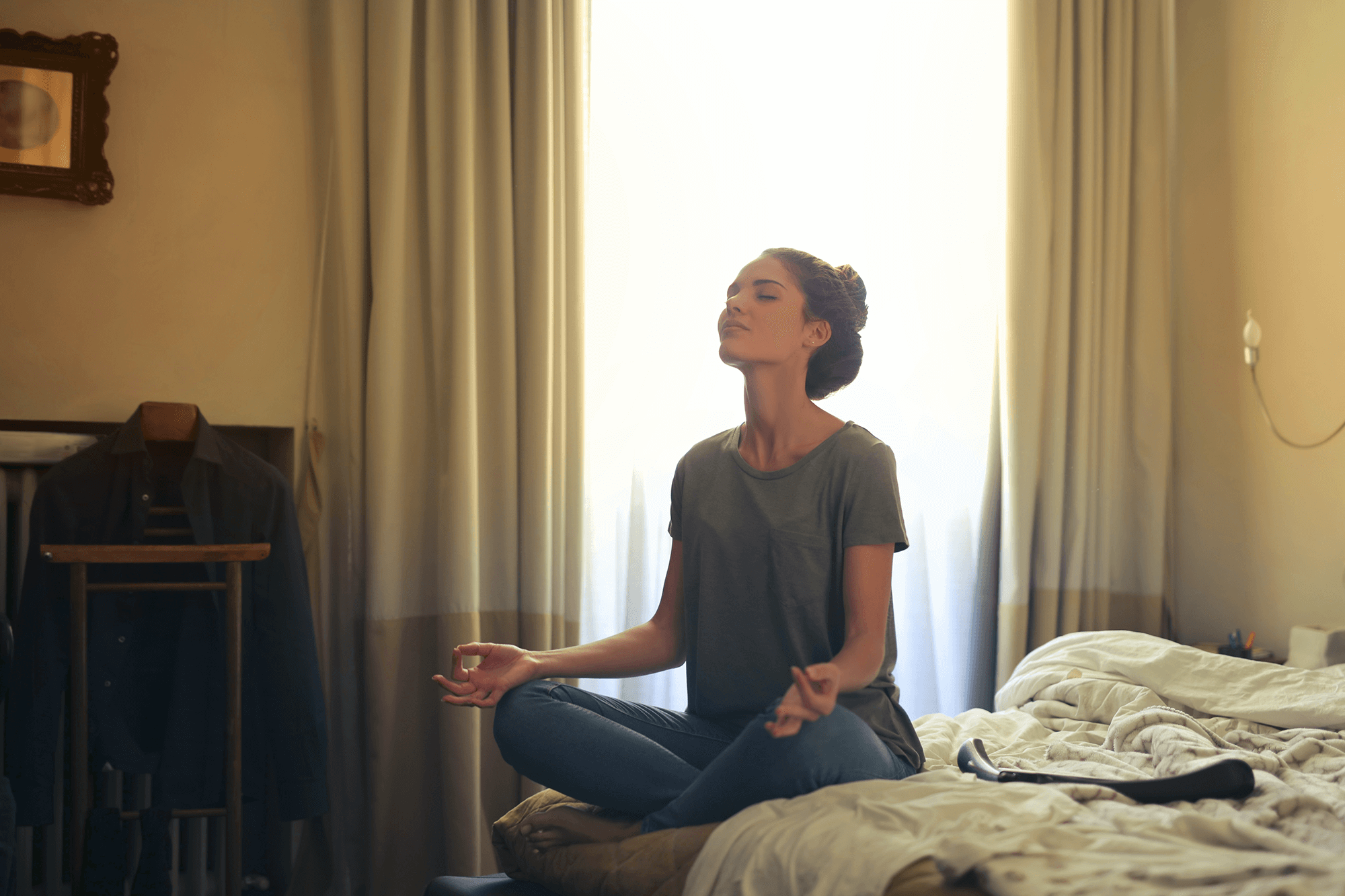
Summary
Depending on weed for snoozing can be a slippery slope, leading to some not-so-great long-term impacts on your well-being.
So, why not embark on a journey of self discovery and find the sleep enhancing alternatives that make you and your body truly happy?
It’s all about figuring out what works best for you. With a wide range of options available, you can achieve better sleep without turning to weed, and in turn, support your overall well-being and longevity.








